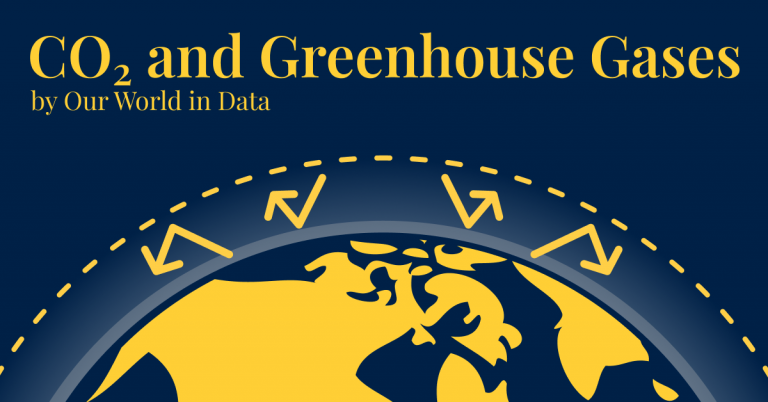No, I’m going to tell you that living in space is not possible. Not now. Not in 100 years. Unless, somehow, you can build a spaceship that can withstand getting absolutely hammered by radiation, every single second, of every single day. Elon Musk making up for his tiny penis by going up to 50,000ft for a few minutes, is not the same as living in space.
We ‘went to the moon’ 50+ years ago, and given how fast technology advances according to Moore’s Law, and the billions that have been spent in the process, we have made absolutely no progrsss in terms of human space exploration. Why is that?
Broadening our understanding of the human body
During space travel,
astronauts are affected by microgravity, radiation and isolation. Some of the changes in their bodies are similar to health problems associated with aging or a sedentary lifestyle.
Science experiments performed on astronauts in space improve our understanding of medical conditions on Earth. This research has produced findings that can help people suffering from
cardiovascular disorders, Type 2
diabetes,
osteoporosis and
balance problems.
Transforming surgery on Earth
Canadian technology on the
International Space Station (ISS) has allowed for innovations in
operating rooms. The expertise that powered Canadarm, Canadarm2 and Dextre,
Canada's space robots, was used to create
surgical robots such as
neuroArm, a highly precise robotic arm capable of performing brain surgeries that would otherwise be impossible, and
Modus V, a second-generation robotic digital microscope that helps patients with a variety of
brain and spine conditions. This technology is allowing neurosurgeons to perform difficult brain surgeries with greater safety and efficiency.
Detecting and treating breast cancer
The technology behind Canadian space robots was used to develop
IGAR, a tele-operated medical robot capable of performing very precise
biopsies to detect
breast cancer. IGAR conducts highly accurate and minimally invasive procedures with less pain and discomfort for the patient.
Providing medical assistance to people in remote areas
Thanks to communication satellites, specialists in urban centres can quickly provide medical advice to health care providers in rural communities.
The Canadian Space Agency (CSA) is collaborating with Canada's space companies and medical community to create more portable medical equipment that can be used when hospitals are not easily accessible, with the goal of improving access to care for people living in remote regions.
Systems developed to track astronauts' health from Earth, like
Bio-Monitor and
Bio-Analyzer, could be used for
patients in remote areas. Bio-Monitor combines numerous devices into one wireless smart shirt and mobile application that measures and records data like
heart rate and
blood pressure so that scientists can monitor astronauts' health as they orbit the planet. Bio-Analyzer is a new tool that could quickly test
samples of blood, urine, or saliva and provide results back to Earth within two to three hours.
These technologies have the potential to improve patient care on Earth through improving access to medical support and reducing wait times for test results.
Keeping our hearts healthy
The heart pumps blood through the arteries, providing oxygen to our cells throughout the body. The absence of gravity in space disturbs this process. To shed light on how the human body adapts to weightlessness, the Canadian science experiments in the
Vascular series examine space-related changes in astronauts' blood vessels before, during, and after their missions. Studying the responses of the cardiovascular system in space better equips us to understand
heart failure and how our
arteries age here on Earth.
Thanks to their expertise in modelling fluid flow through rocket engines, space engineers helped design
heart pumps. These pumps keep people in need of heart
transplants alive by enabling blood to circulate through their body until a donor heart becomes available.
Treating bleeding after childbirth with pressure garments
Spending long periods of time in weightlessness weakens the body's natural adaptations against the effects of gravity, and greatly reduces heart rate and level of physical activity. When returning to Earth, some astronauts wear a g-suit, also called an antigravity suit, to apply pressure to the legs and torso in order to reduce symptoms of cardiovascular deconditioning such as
lightheadedness,
fatigue,
nausea, and
fainting. A Canadian study tested several g-suit models to
assess their effectiveness in preventing these symptoms in returning astronauts.
Using g-suit technology, non-inflatable pressure garments are being used on Earth to treat
women suffering from
postpartum hemorrhage by applying external pressure to a woman's entire lower body to stop bleeding after childbirth. This affordable solution is saving lives around the world.
Canadian science on the International Space Station
Canada's participation in the
International Space Station (ISS) allows our scientists to access the
unique space environment and conduct
cutting-edge experiments aboard the orbiting laboratory to:
- prepare for deep-space destinations
- use the knowledge obtained to improve our quality of life on Earth
Preparing for deep-space destinations
As space agencies from all over the world are looking to propel humanity further into the solar system, Canada's space science community continues to conduct research aboard the ISS.
We want to better understand the risks associated with human space flight—and help find countermeasures and treatments—to identify, characterize, and mitigate the effects on astronauts' health in order to make space travel safer.
Missions to the Moon and Mars mean longer trips and more risks for astronauts, including:
- more time in weightlessness
- more exposure to radiation
- longer periods of isolation, very far from home
- increased delays in communication with Earth
- less ability to rely on Earth for food, materials, and emergency medical assistance
Using the knowledge obtained to improve our quality of life on Earth
Studying the way our body changes in space help us understand the impacts of reduced levels of physical activity and issues that affect older adult populations on Earth.
Living in weightless conditions changes the human body in many ways. The effects observed in astronauts are similar to accelerated aging and health problems caused by a sedentary lifestyle. Studying the human body in space for six months gives us data that would take years to gather on Earth. New information gained in space contributes to improved quality of life on Earth.
Canadian scientists use space to study our bones, heart, blood vessels and brain. Their experiments have produced findings that can help people suffering from balance problems, such as seniors; osteoporosis; cardiovascular disorders; and Type-2 diabetes.
......and more and more. I agree, waste of time and money. If you're going to be a reality denier at least do your homework. This took me less than 5 minutes, it probably takes a little more time to become a brainwashed paranoid no hoper with a limited sense of purpose. If you really believe what you write and are so concerned, what are you doing about it? apart from bitching on a forum?


